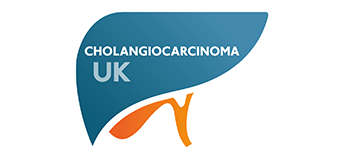NHS Specialised Services Commissioning
Specialised Services Commissioning / Cholangiocarcinoma
From 1st April 2013, the NHS Commissioning Board will be responsible for the management of the NHS and will be in charge of specialised services commissioning within the new NHS architecture. These specialised services, which include the treatment of many rare cancers, have been published in a consultation document on-line – where all materials can be viewed and responses posted.
The specialised services are grouped into four Programmes of Care (PoC) and cholangiocarcinoma, along with many other rarer cancers, falls into Area B: Cancer and Blood.
Sean Duffy, (Director and Medical Director of the Yorkshire Cancer Network) who is Chair of the Area B: Cancer and Blood PoC, has provided this overview of the work that has been carried out so far:
“I have oversight across all the Clinical Reference Groups (CRGs) within the programme to ensure linkages are maintained where appropriate and to enable consistency in the approach to development of the commissioning products.
The CRGs are made up of voluntary clinical, public health and commissioning staff with representation from key patients and public stakeholders. Together the members have reviewed the national definition of specialised services and taken into account changes in policy that might affect the definitions. In cancer, for example, recent changes have meant that services not previously designated as specialised are now commissioned on a large population basis and hence are now eligible for consideration in the new structure and single operating model for directly commissioned services.
This unique work represents the first comprehensive national set of service specifications. These specifications will form the basis of contracting for services and as such should lead to better consistency and reduced variations in care across the country.”
To read Specialised Services Area B: Cancer and Blood, click here
Reviewing the Specialised Services for Cholangiocarcinoma
AMMF has reviewed the information on services provided regarding cholangiocarcinoma – unfortunately, there is little and it is misleading in parts. There is no specific area for liver or HPB cancers – such information as there is for CC falls within the detailed Pancreatic Cancer document, and looks very much as if it had been added in almost as an afterthought! Because of the lack of information provided on cholangiocarcinoma services, it wasn’t possible to answer all the questions in the survey – however, the following comments were submitted:
” Q5 Do you find this clinical policy or service specification clear and comprehensive?
My intention was to review this document with regard to cholangiocarcinoma (bile duct cancer). As far as detailed reference to cholangiocarcinoma is concerned, the service specification was certainly not clear nor comprehensive. In the absence of any document referring to HPB/liver, I searched through the Pancreatic one for details.
It would appear that, as the title of the document would suggest, this section was written solely for pancreatic cancer and that at some stage liver and biliary cancers were added in – resulting in a totally confusing section.
With so much detail provided for pancreatic cancer, I think that HPB cancers should be dealt with a separate section.
Q6 In your opinion, does the clinical policy or service specification reflect the evidence base? Is there any additional information or evidence that you think should be taken into account?
Page 11:
“• The following HPB disorders should be provided either by the specialist HPB centre itself …” I assume the word “disorders” is incorrect in this context.
Pages 11 / 12:
Under the section, “Treatment for patients with primary cancers of the liver and biliary tree …”
Certainly as far as cholangiocarcinoma (CC) is concerned, the treatment options listed are misleading. In particular, there is no liver transplantation in the UK for CC, little or no radiotherapy and no PDT.
The Updated Guidelines for the Diagnosis and Treatment of Cholangiocarcinoma were recently published (August 2012) – a thorough, comprehensive overview of the current situation prepared by a group of leading GI specialists regarding the diagnosis and treatment of CC in the UK today, and should be referred to here.
The Guidelines are available from AMMF’s website as a download: https://ammf.org.uk/cholangiocarcinoma/guidelines-for-diagnosis-and-treatment-uk/
The full reference is: Khan SA, Davidson BR, Goldin RD, Heaton N, Karani J, Pereira SP, Rosenberg WM, Tait P, Taylor-Robinson SD, Thillainayagam AV, Thomas HC, Wasan H. Guidelines for the diagnosis and treatment of cholangiocarcinoma: an update. Gut. 2012 Dec;61(12):1657-69. doi: 10.1136/gutjnl-2011-301748. Epub 2012 Aug 15 ”
Helen Morement
January 2012







